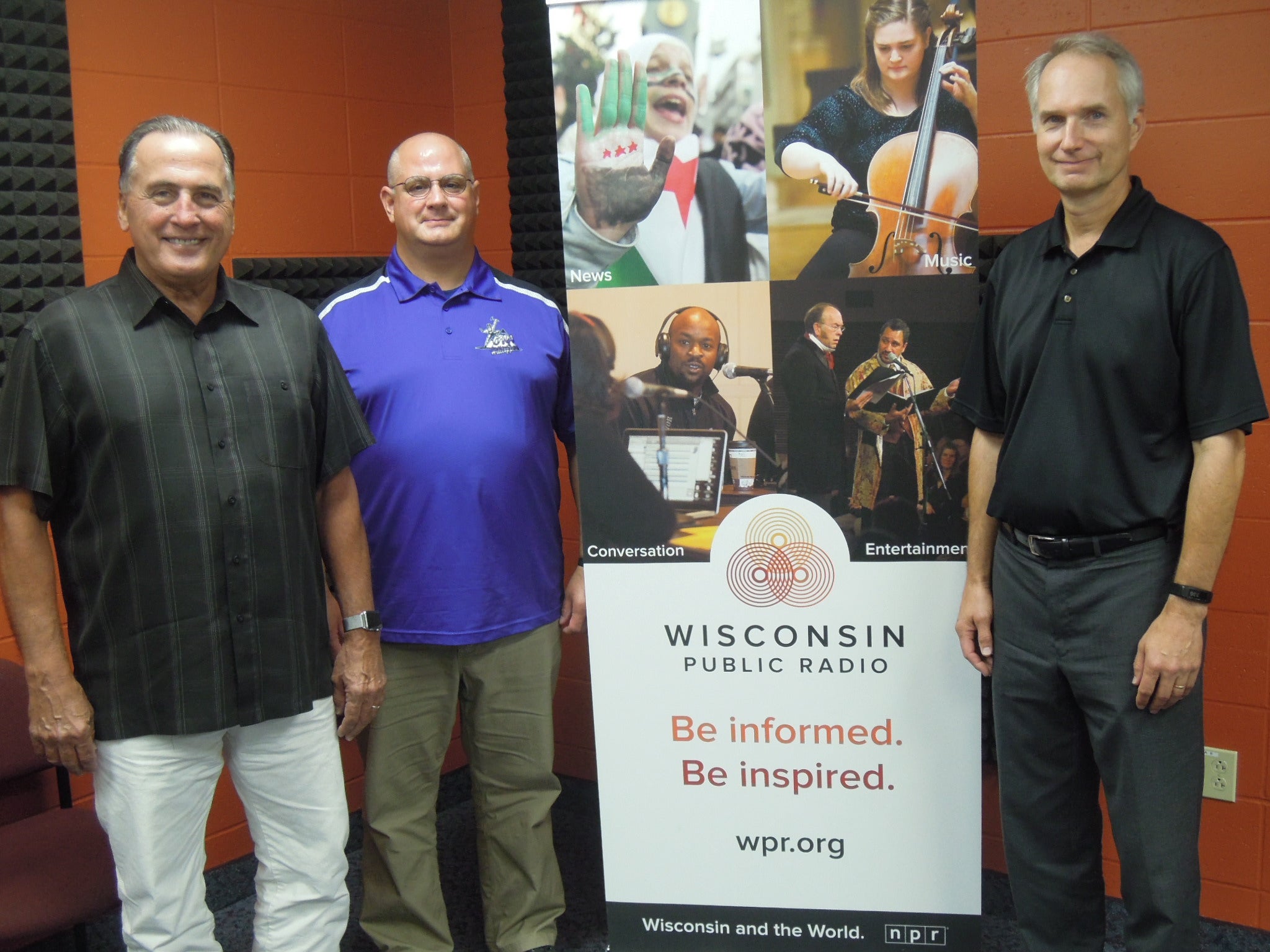A new non-partisan, nonprofit political group is hoping to inject more ethics into Wisconsin politics.
LeaderEthics-Wisconsin isn’t focusing on issues or getting candidates elected, but rather, if political leaders at the statewide and national level are dealing with issues in an ethical way.
“There are things now that are happening in think tanks that are causing (political) riffs to occur,” said Lee Rasch, the organization’s founder and executive director. “It could really erode the integrity of the American democracy.”
The group, formed earlier this year in La Crosse, is hoping to spread statewide through local chapters. People will pay $25 per year to become members. They will get a monthly newsletter that focuses on good and bad examples of ethical leadership in politics. Members will also be able to grade elected leaders for statewide offices and Wisconsin’s U.S. Senators and members of Congress.
“The grades are not based on their political views, or whether they’re left-leaning or right-leaning, or voting on any given policy,” Rasch said. “They’re basically addressing whether or not they’re truthful, whether they’re transparent with public information, whether they’re a unifier rather than a divider and whether they work hard to represent their entire constituency rather than the simple majority that may have voted for them.”
The organization is planning to share results of surveys with the media.
The first chapter based in the La Crosse area held its first event this week, a panel discussion with former state lawmakers talking about their experiences with ethical practices in politics.
People like doctors, nurses and engineers who belong to organizations that often police each other are among the professions that tend to be most admired in public opinion polls according to Richard Kyte, an endowed professor of the D.B. Reinhart Institute of Ethics at Viterbo University. On the other hand, he said, politicians are consistently at the bottom of the polls.
“The way we’ve defined ethics in politics is a minimal acceptable standard of conduct. It’s not that you (politician) have to be very good to stay out of ethical trouble, you just have to not do anything really bad. But that’s not good enough.” said Kyte, who is also serving as president of LeaderEthics-Wisconsin’s executive board.
Rasch said while LeaderEthics-Wisconsin won’t follow the traditional political model of raising money to help fund a campaign, they hope to make a more positive impact on the political system in the long-run.
“One of the things we can do is to encourage next generation candidates who develop a playbook as an ethical leader,” he said. “If we can do that from the beginning, perhaps in 10 years or beyond we can see a difference.”
Rasch said he’s scheduled to meet in October with people from the Madison area, hoping to form the second chapter of LeaderEthics-Wisconsin in the state.
– John Davis
Episode Credits
- Hope Kirwan Host
- John Davis Producer
- Dawn Jewell Producer
- John Davis Interviewer
- Lee Rasch Guest
- Sam Scinta Guest
- Rick Kyte Guest
Wisconsin Public Radio, © Copyright 2024, Board of Regents of the University of Wisconsin System and Wisconsin Educational Communications Board.





